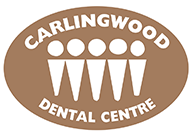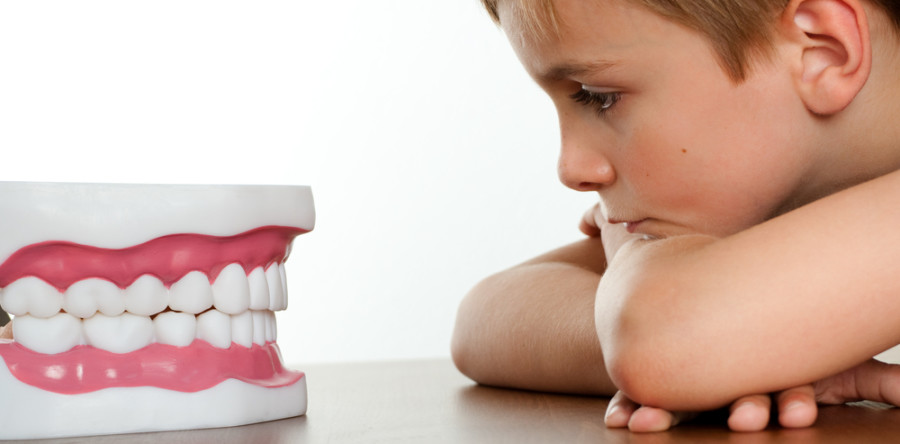Does your child grind his or her teeth? Whether your child grinds his/teeth while sleeping, when anxious, when angry, or at random times, it is a quite common behaviour in children. The medical term for teeth grinding is bruxism, and approximately three in ten children is likely to be a teeth grinder. Most children usually stop grinding their teeth on their own by the time they enter their teen years, but other children will require intervention and treatment by a dentist.
Why Do Children Grind Their Teeth?
Children do not usually grind their teeth intentionally – as we mentioned above, you will often find your child grinding their teeth when sleeping as well. It’s easy for children to not even be aware of it unless you tell them.
Teeth grinding has many different possible causes, but about studies show that approximately 70% of cases are rooted in stress and anxiety. Other suspected causes include misaligned teeth, an attempt to soothe toothpain (especially during teething), and it may even be a symptom of some illnesses and medical conditions.
What Is Wrong With Teeth Grinding?
Just because tooth grinding can go unnoticed doesn’t mean you should ignore it. Teeth grinding can wear down the outer surface of the tooth and lead to tooth sensitivity and pain. Continual teeth grinding can lead to a number of serious dental problems such as cracked teeth, receeding gums, misaligned jaw, tooth fractures, and damaged to the temporomandibular joint (TMJ). In order to forestall these issues, you should schedule an appointment with your child’s dentist as a preventative measure. Of course if any of these problems do develop you should visit the dentist right away to address the issue.
Does My Child Grind His/Her Teeth?
How do you tell if you kid is a teeth grinder? Identifying the signs and symptoms is always the first step. Look out for these signs:
- The annoying sound of grinding while the child is asleep
- The child complains of jaw pain
- Headaches, earaches, or facial pains
- Increased sensitivity in the teeth
- Trouble chewing food
- Chipped or loose teeth
All these signs are major red flags and should not be ignored. If you notice them or hear the above-mentioned complaints from your child, then contact your dentist at Carlingwood Dental Centre right away. Communication is also key. Ask your child if they feel pains and aches and you shall identify a problem that was easily going unnoticed. A little concern today will result in a brighter tomorrow.


